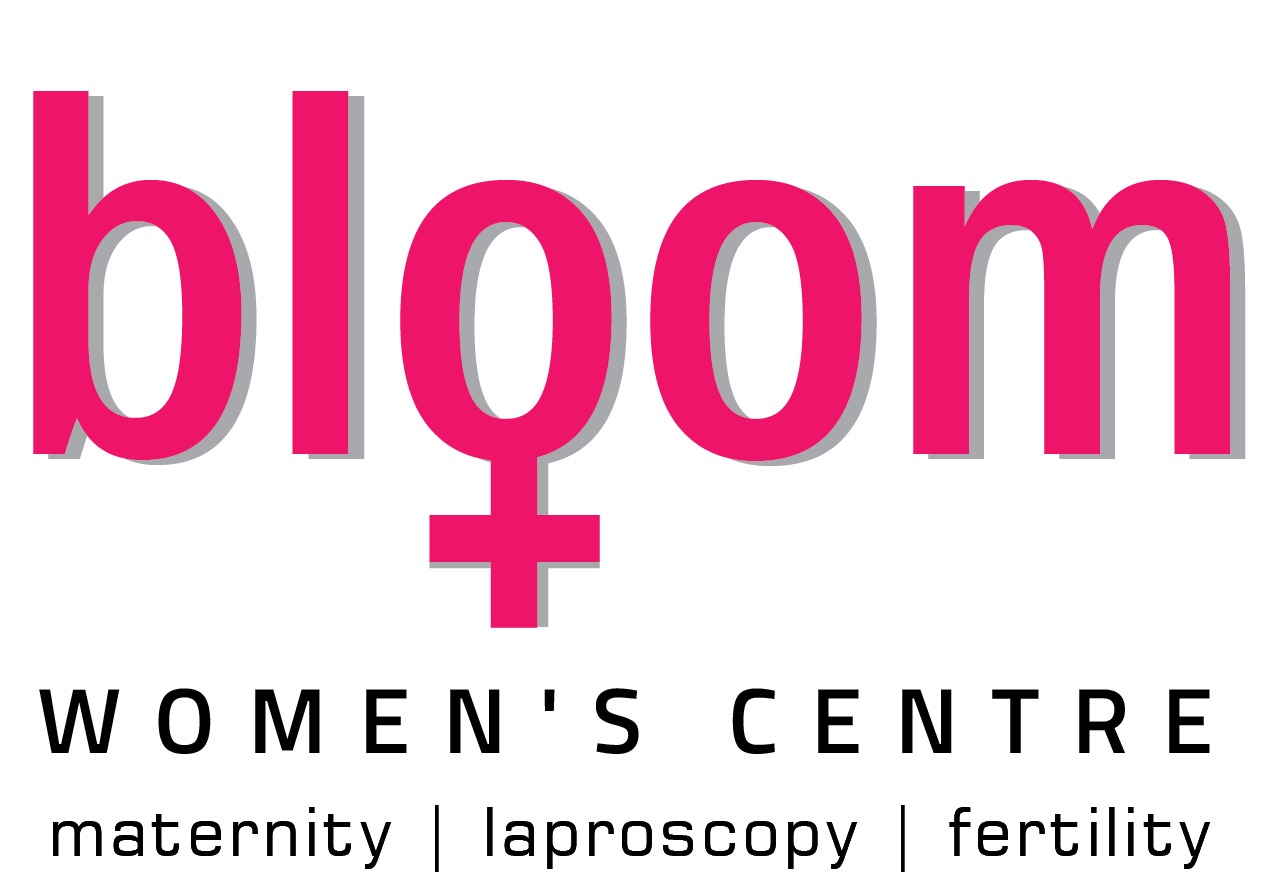.jpg)
High Risk Pregnancy
A high-risk pregnancy refers to a pregnancy in which the health of the mother or baby is at risk due to pre-existing medical conditions or complications that arise during pregnancy. Some of the factors that can contribute to a high-risk pregnancy include:
Maternal age:Women who are younger than 17 or older than 35 years old are considered to have high-risk pregnancies.
Pre-existing medical conditions: Conditions such as diabetes, high blood pressure, thyroid disorders, and autoimmune disorders can complicate pregnancy and increase the risk of complications.
Multiple pregnancies:Women carrying twins, triplets, or more have a higher risk of complications.
Previous pregnancy complications: Women who have had miscarriages, stillbirths, preterm births, or other complications in previous pregnancies are at higher risk for similar complications in subsequent pregnancies.
Lifestyle factors: Smoking, alcohol and drug use, and poor nutrition can increase the risk of complications during pregnancy.
Fetal abnormalities:Some fetal abnormalities can increase the risk of complications during pregnancy and delivery.
Infections: Certain infections such as HIV, hepatitis B, and Zika virus can pose risks to the health of the mother and baby during pregnancy.
It is important for women with high-risk pregnancies to receive appropriate medical care and monitoring throughout their pregnancy to manage any potential complications and improve outcomes for both the mother and baby.
Our Patients
What patients says?

sunitha suni
One of my friend suggested me Bloom women's clinic to consult Dr.Merlin. From the 1st day of my consultation and till the end of my pregnancy I felt very safe. Guidance provided by Dr.Merlin during my pregnancy journey helped me a lot to give birth naturally. Response we get from staffs are tremendous for each and every query we ask. Appreciate them for follow ups on reports to fix appointments. Thank you Dr Merlin and Team for your constant support throughout my pregnancy.

Ayesha Shaik
Had a excellent experience with Dr. Merlin and her team right from initial pregnancy days . She has guided us to normal delivery from stage to stage. Her approach towards her patients is very friendly, she spends quality time with her patients in explaining the things, clarifying doubts very patiently. We always wished to have normal delivery and that was possible only because of Dr. Merlin. One can blindly believe her, trust her and I strongly recommend Dr. Merlin for all those who wish to have healthy pregnancy. Thanks a ton mam for all the care you have taken, for all the guidance you have provided & for all the suggestions you have given throughout my pregnancy.

Naveen Kumar
Dr.Merlin is very experienced and Available at all times for your Help throughout you pregnancy journey. We consulted for 2 of my Kids Pregnancy and had a great experience and guidance from the Dr. The Doctor is call away and will care for you, most importantly gives priority for Normal delivery and will stand by you until the delivery, Gives you the confidence that everything will go well. Thank you very much Dr and the Friendly staff in Blooms Womens Clinic for all the support extended😊 Very much Appreciate the service and care😊 Highly Recommend !!




